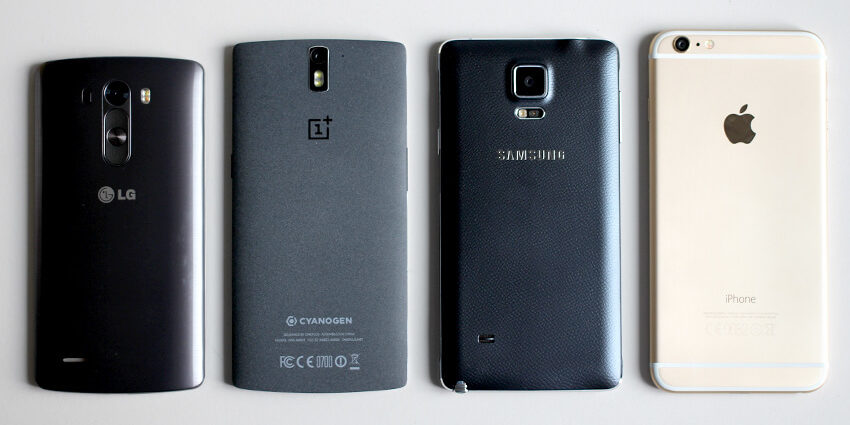What Mobile Strategy is Right for Your Business? Bring Your Own Device, or BYOD, has been a mobility strategy that many businesses have invested in over the past few years. However, forecasts for 2015 are predicting that the BYOD trend will taper off as a new strategy arises. Choose your own device, or CYOD, is predicted to take off in 2015 as an alternative to a system that some see as costly and ineffective.
BYOD vs CYOD
BYOD and CYOD are for the most part, self-explanatory. A BYOD system allows employees to use their personal devices to access the company’s network (and mobile apps) to perform work tasks. Unfortunately, this system comes with inherent risks. There are higher costs associated with security for these devices, and many companies report that employees are using the devices for non-work purposes while at work.
In a CYOD strategy, the company offers employees a range of “company approved” devices that are secure. These devices are more easily managed, and corporate data is much safer.
Pros and Cons
- Under a CYOD scheme, IT can support a smaller set of devices instead of having to deal with the large number of different devices that employees could be using for their personal use. This in turn allows a company to give every employee a similar experience on a mobile app, and cut down on troubleshooting. CYOD also helps ensure that only the most up-to-date and secure operating system is supported.
- However, this also presents a potential downside to CYOD. Keeping the devices that are available to employees up-to-date is challenging for many companies. New phones and tablets come out every year, and keeping up with this could prove costly for a company. Unfamiliarity can also push an employee to abandon the company-approved device and use their own whenever possible.
- One of the benefits of a BYOD system is that employees are more familiar with their own devices and generally like to have the latest devices, mitigating the challenge of “keeping up” that IT faces with a CYOD system. Basically, BYOD gives the employee more freedom and lets them work with whatever device they feel suits them best.
- The major downside of most BYOD systems is that they can be much more costly than CYOD in terms of security and tech support. Employees will most likely have a wide variety of devices that will have to be integrated and supported, and there are risks involved with having personal devices connected to the company network.
While the prediction for 2014 is that more companies will be moving toward CYOD systems, the strategy you use should complement your organization’s needs.
With the plethora of device options and business tools available, it can be difficult to manage your company’s resources, internal communications and day-to-day activities. 7T offers many services to help your business maximize productivity, solve problems and improve operations. We can help your business find the ERP software, CRM platform, or SaaS solution that is right for you. Our team also specializes in data governance, cloud integration and system integrations, along with other emerging technologies.
Located in Dallas, 7T maintains regional offices located in Houston and Chicago. To discuss your development project, contact 7T today.









